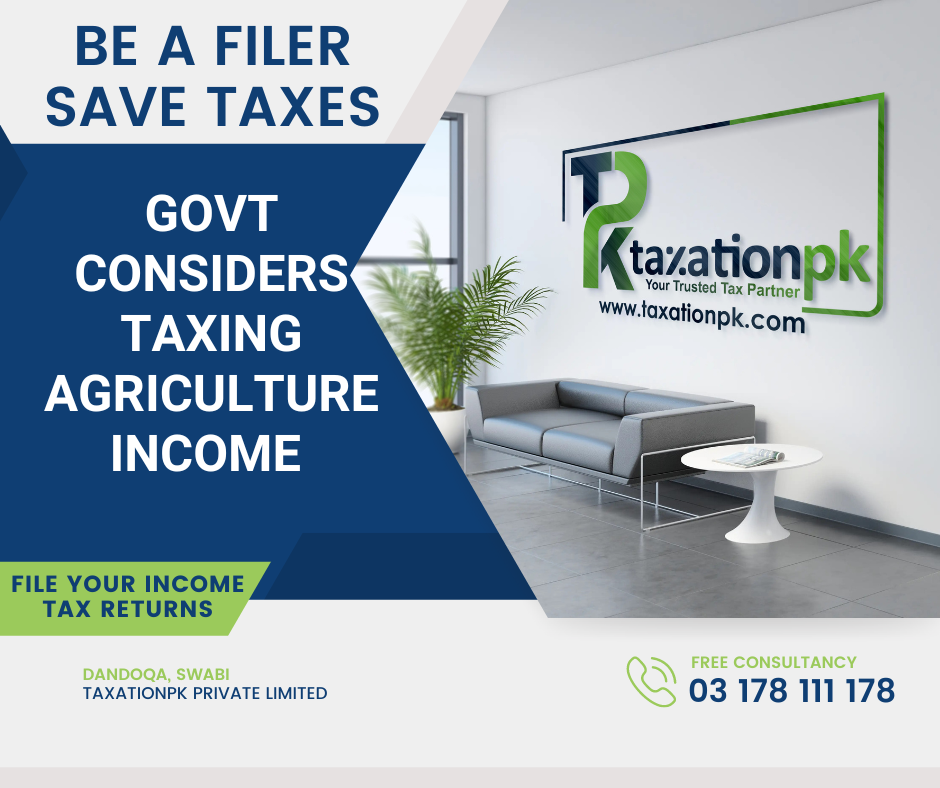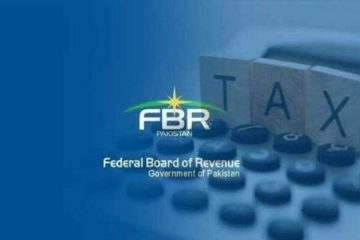Pakistan is in talks with the IMF for a bailout program, and one of the conditions on the table is a major shift in how agriculture is taxed. Here’s a breakdown of the key points:
- Current System: Currently, Pakistan’s federal government cannot tax agricultural income by law. Instead, provinces set their own rates, which are much lower than income taxes for other sectors.
- IMF’s Demand: The IMF wants Pakistan to impose a standard individual income tax rate of up to 45% on agricultural income. This would eliminate the disparity between taxes paid by farmers and other income earners.
- Impact on Provinces: Provinces would need to amend their laws to comply with the new tax rate. Sindh has already expressed concerns about the high rate compared to their current maximum of 15%.
- Timeline: The IMF has set deadlines for implementation. Provincial laws need to be adjusted by October 2024, and tax collection on agriculture income should begin by January 2025.
- Potential Benefits: The IMF believes this change would create a fairer tax system and raise additional revenue (estimated at Rs. 1.22 trillion).
- Challenges: Some experts warn that high taxes could discourage investment in agriculture, a crucial sector for Pakistan’s economy. Additionally, the salaried class, already burdened by a 45% tax rate, feels unfairly targeted.
Unresolved Issues:
- The final tax rate for agriculture income is still under negotiation. Sindh may push for a lower rate than 45%.
- The mechanism for collecting taxes from farmers, particularly small landholders, needs to be developed.
Overall, this proposed change to agricultural taxation in Pakistan is a significant development with potential economic and social consequences. The final outcome will depend on negotiations between the IMF, federal government, and provincial authorities.








Hello taxationpk.com owner, You always provide clear explanations and definitions.